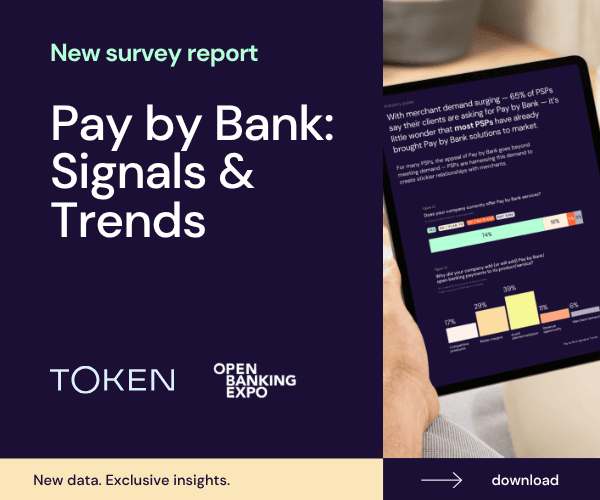Financial institutions in the US have reported differing levels of readiness ahead of new Open Banking regulatory requirements, with executives from the largest banks the most confident in their institution’s regulatory preparedness, according to new research by Plaid.
The survey, conducted among more than 200 bank executives by Brunswick Group and Research Results, found that 61% rate Open Banking as a high priority for their company, while 60% of executives identified regulatory compliance as a top concern.
While the research revealed that nine out of 10 C-suite executives reported feeling “at least somewhat prepared” to meet new Open Banking requirements, those at banks with more than $100 billion in assets under management were found to have higher levels of preparedness.
The Consumer Financial Protection Bureau (CFPB) has given the largest institutions a compliance deadline of April 1, 2026, while the smallest covered institutions will have until April 1, 2030.
Plaid’s research showed that executives at regional and smaller financial institutions – typically those with between $500 million to $10 billion in assets under management – are less confident in their readiness.
Despite 55% of executives recognising that adoption of Open Banking is vital for remaining competitive, only 54% of executives at these regional and smaller banks were feeling equipped to leverage Open Banking in their business, compared to higher levels among larger peers.
In readiness for Open Banking, Plaid reported that bank executives have prioritised investing in new technology and tools (54%) and improving security (52%).

John Pitts, global head of policy at Plaid
However, the research also revealed that bank executives perceive Open Banking as more than a compliance obligation.
More than half (57%) view it as a business advantage, recognising that it improves customer experiences, provides greater convenience and unlocks strategic opportunities, the research showed.
Open Banking was identified by 54% of bank executives as critical to their strategic priorities.
John Pitts, global head of policy at Plaid, wrote in a blog: “Our findings reveal that for banks of all sizes, Open Banking is more than a compliance requirement – it is a strategic lever for innovation, customer engagement, and competitive differentiation.”
The CFPB issued the final version of its Personal Financial Data Rights rule in October, under which, financial institutions, credit card issuers, and other financial providers will be required to “unlock” an individual’s personal financial data and transfer it to another provider at the consumer’s request for free.
Further reading: Open Banking in the US – a new era of consumer-centric innovations?





